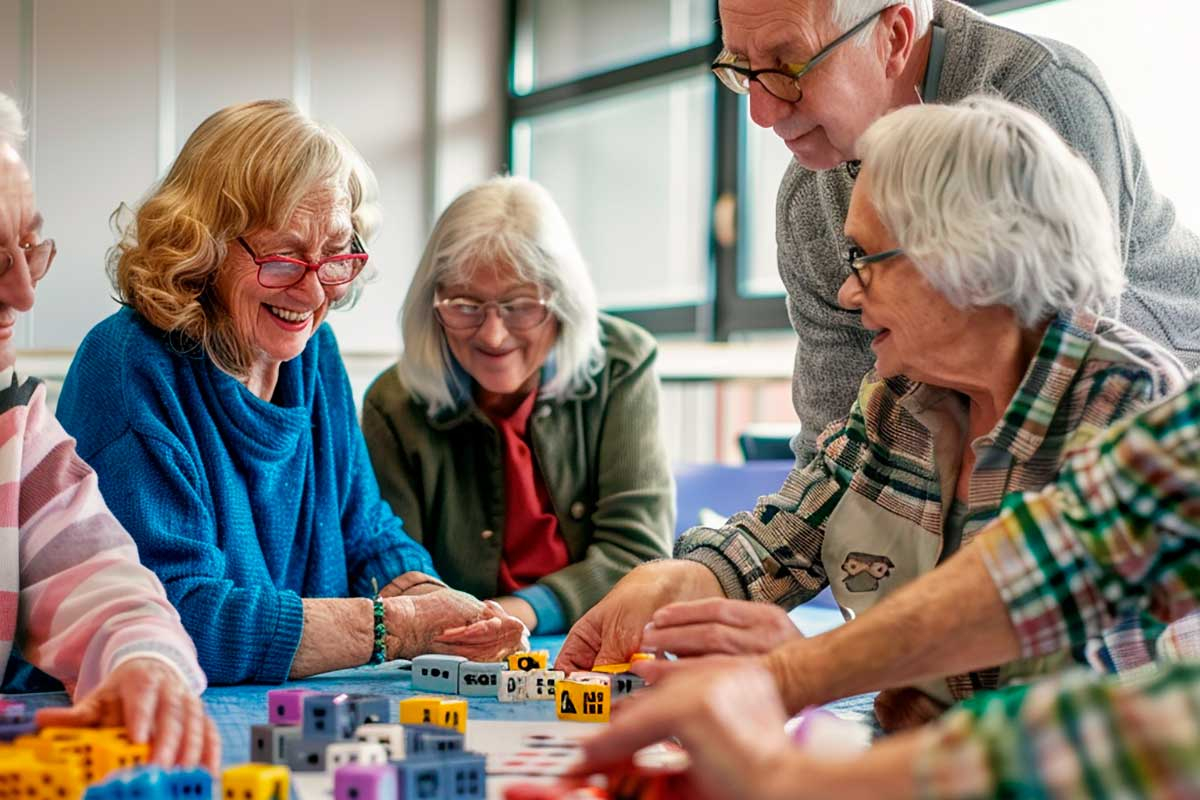Emotional Well-Being in Older Adults: Cultivating Happiness in Longevity
Emotional well-being is a critical aspect of longevity, especially in older adults. Maintaining emotional health and social connections can significantly enhance quality of life and promote happiness in later years. Clinic Consultation emphasizes the importance of addressing emotional needs and provides strategies to help older adults cultivate happiness and well-being. This article explores the significance of emotional health, offers tips for managing changes, maintaining healthy relationships, and finding purpose in life.
The Importance of Emotional Health in Longevity
Emotional Health and Physical Well-Being
Emotional health is closely linked to physical well-being. Positive emotions and a stable mental state can enhance immune function, reduce the risk of chronic diseases, and promote faster recovery from illnesses. Conversely, chronic stress, anxiety, and depression can have detrimental effects on physical health, leading to conditions such as hypertension, heart disease, and weakened immune response.
Clinic Consultation highlights the importance of maintaining emotional health to support overall well-being. By addressing emotional needs and managing stress effectively, older adults can improve their physical health and enjoy a higher quality of life.
Mental Resilience and Coping with Change
Aging brings various changes, including retirement, loss of loved ones, and potential health issues. Developing mental resilience is crucial for coping with these changes and maintaining a positive outlook on life. Resilience allows older adults to adapt to new circumstances, find solutions to problems, and continue to thrive despite challenges.
Building resilience involves fostering a positive mindset, practicing self-compassion, and seeking support when needed. Clinic Consultation provides resources and support to help older adults build resilience and navigate the changes that come with aging.
Tips for Managing Changes in Later Life
Staying Active and Engaged
Staying active and engaged is vital for emotional well-being in older adults. Physical activity, such as walking, yoga, or swimming, can boost mood, reduce stress, and improve overall health. Additionally, engaging in hobbies and interests, such as gardening, painting, or volunteering, provides a sense of purpose and fulfillment.
Clinic Consultation recommends incorporating regular physical activity and engaging in meaningful activities to promote emotional well-being. Staying active and engaged helps older adults maintain a positive outlook and enjoy their later years.
Seeking Professional Help When Needed
It's essential to recognize when professional help is needed to manage emotional health. Therapy or counseling can provide valuable support and guidance for older adults experiencing anxiety, depression, or other mental health issues. Professional help can also offer strategies for coping with significant life changes and improving overall emotional well-being.
Clinic Consultation encourages older adults to seek professional support when needed and offers referrals to mental health professionals who specialize in geriatric care. Accessing professional help can make a significant difference in maintaining emotional health and quality of life.
Maintaining Healthy Relationships
The Role of Social Connections
Healthy relationships are fundamental to emotional well-being and longevity. Social connections provide emotional support, reduce feelings of loneliness, and enhance overall happiness. Regular interaction with family, friends, and community members can boost mood and provide a sense of belonging.
Clinic Consultation emphasizes the importance of nurturing social connections and encourages older adults to stay connected with their social networks. Participating in social activities, joining clubs or groups, and maintaining regular contact with loved ones can significantly improve emotional well-being.
Effective Communication and Conflict Resolution
Effective communication is essential for maintaining healthy relationships. Open and honest communication helps build trust, resolve conflicts, and strengthen bonds. Learning to listen actively, express feelings clearly, and empathize with others' perspectives can enhance relationship quality.
Clinic Consultation provides resources on effective communication and conflict resolution skills to help older adults maintain positive relationships. By fostering healthy communication, older adults can create supportive and fulfilling social connections.
Finding Purpose and Meaning in Life
Engaging in Purposeful Activities
Finding purpose and meaning in life is crucial for emotional well-being and longevity. Engaging in activities that provide a sense of purpose, such as volunteering, mentoring, or pursuing hobbies, can enhance happiness and fulfillment. Purposeful activities contribute to a positive self-identity and provide motivation for staying active and engaged.
Clinic Consultation encourages older adults to explore new interests and seek opportunities that align with their values and passions. Engaging in purposeful activities can bring joy and a sense of accomplishment, contributing to overall well-being.
Reflecting on Life Experiences
Reflecting on life experiences and achievements can provide a sense of fulfillment and satisfaction. Taking time to appreciate personal milestones, relationships, and contributions can enhance self-worth and promote a positive outlook on life. Sharing life stories and wisdom with younger generations can also create meaningful connections and a sense of legacy.
Clinic Consultation supports older adults in reflecting on their life experiences and finding meaning in their journey. By embracing their life story, older adults can cultivate gratitude and contentment, enhancing their emotional well-being.
Conclusion
Emotional well-being is essential for longevity and quality of life in older adults. By managing changes, maintaining healthy relationships, and finding purpose, older adults can cultivate happiness and emotional health. Clinic Consultation is dedicated to providing resources and support to help older adults thrive emotionally and enjoy a fulfilling life. Prioritizing emotional well-being can lead to a happier, healthier, and longer life.
Frequently Asked Questions
1. Why is emotional health important for longevity? Emotional health supports physical well-being, reduces the risk of chronic diseases, and enhances overall quality of life.
2. How can older adults build resilience? Building resilience involves fostering a positive mindset, practicing self-compassion, and seeking support when needed.
3. What activities promote emotional well-being? Physical activity, engaging in hobbies, and maintaining social connections promote emotional well-being.
4. Why are social connections important in later life? Social connections provide emotional support, reduce loneliness, and enhance overall happiness.
5. How can Clinic Consultation support emotional well-being? Clinic Consultation offers resources, referrals to mental health professionals, and guidance on maintaining healthy relationships and finding purpose.
